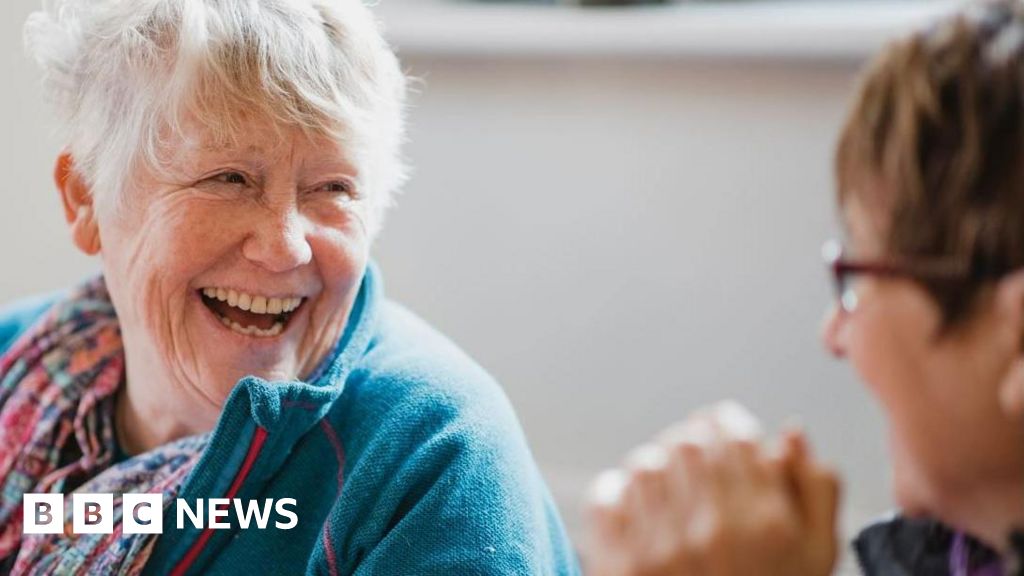News, Yorkshire
 Getty Images
Getty ImagesOlder people in the North of England are more likely to be poorer, less healthy, physically inactive, lonely and live in poor housing, according to a new report.
The Ageing in the North study, from the Northern Health Science Alliance (NHSA), said those in the north faced an “alarming” range of disadvantages compared to older people living in the south.
Co-author Prof Alan Walker, from the University of Sheffield, said while the North-South divide was “hardly new” the NHSA believed it was “totally reversible” and called on the government to “prioritise tackling the root causes of unequal ageing”.
The has approached the Department of Health and Social Care for a comment.
Prof Walker, from the university’s Healthy Lifespan Institute, said: “This report paints an alarming picture of how inequality has eaten away at the quality of life of so many older northerners.
“In almost every aspect we investigated, there is a yawning gap between the North and the South – from their income and health to their housing, social care and sense of isolation.
“This gap is hardly new, but the most frustrating thing about it is that it is totally reversible – assuming that policymakers are willing to take decisive steps to address these issues, and provide a better life for our family members, friends, and neighbours as they age.”
The report found that across the North there were more than 900,000 economically inactive 50-64 year olds, contributing to a potential reduction in GDP of £10.9bn per year.
Among the other findings, it said:
- People in the South are more likely to retire, while people in the North are more likely to leave the job market because of poor health
- Between 2012 and 2022 the rate of poverty among over 65s in the North East and Yorkshire and the Humber rose by 10%
- Northern adults over 65 are 27% more likely to experience food insecurity than those in the South
- 1.47m northern homes are considered “non-decent”, with over a third housing residents over 60
- The North East, North West and Yorkshire and the Humber were home to he highest proportion of people aged 65 and over living in care homes
 Getty Images
Getty ImagesCo-authored by a team from the University of Sheffield, Durham University, Lancaster University, The University of Manchester and Newcastle University and Health Equity North, the NHSA report urged the government to look at “reversing the widening inequality gap between North and South”.
Amongst other recommendations, the team suggested:
- A cross-government approach to prevent unequal ageing, looking at education, housing, employment and health
- Strengthening collaboration between local government, combined authorities, housing developers, and the NHS
- Developing a national housing strategy for older people and creating age-friendly, accessible homes
Shipley MP Anna Dixon, who wrote the foreword to the report, said: “Where you live shouldn’t affect your experience of ageing.
“This report brings into sharp focus the reality of how unequal ageing is across England.”
Listen to highlights from South Yorkshire on Sounds, catch up with the latest episode of Look North



